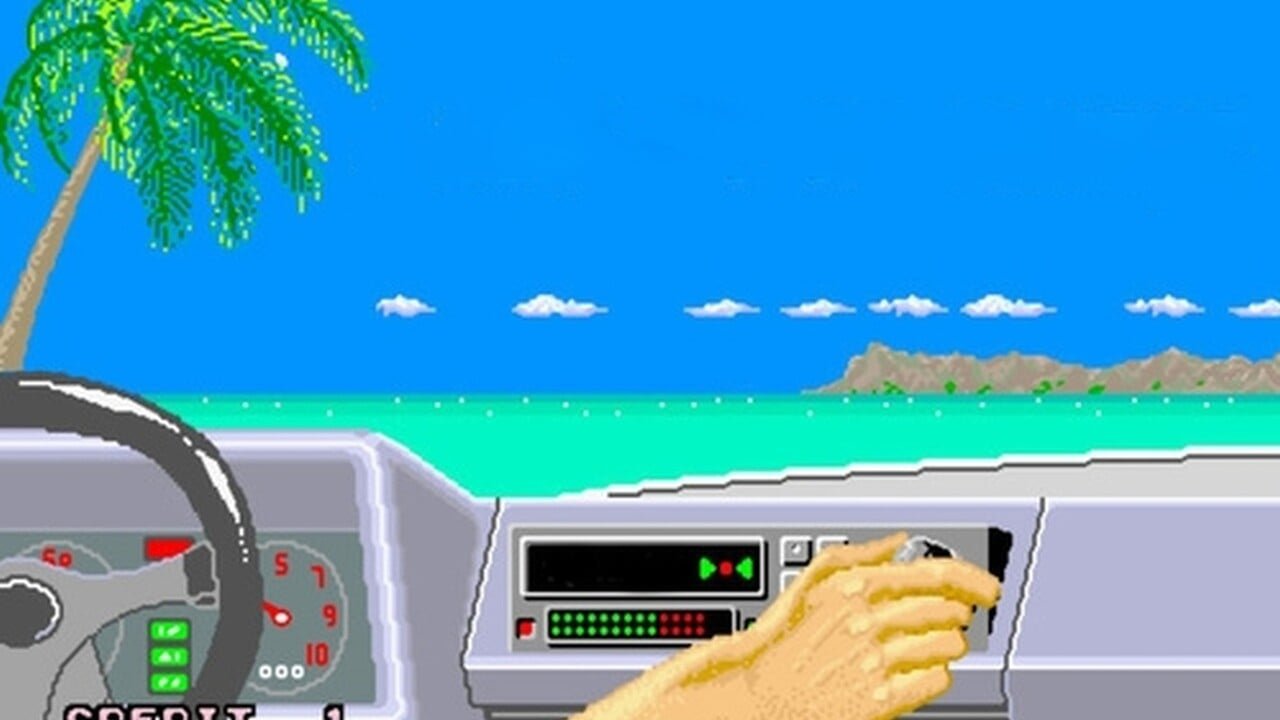I’m actually torn to some degree about this particular topic. In many ways, gaming has become my primary hobby and entertainment in the same way that for some it’s a fun movie, or for others, it’s a regular supply of best sellers trickling down throughout the year. But with games, one thing is painfully certain; when summer rolls around, the flow of big, shiny new games stops.
That’s not to say that new games don’t come out at all; thanks to the more casual market, you can always count on some kind of child’s title, or an inevitable fast n’ cheap movie-based game to creep onto the shelf of your favourite retailer at some point during the hot and humid days of the season. But the big titles? The ones you’ve been looking forward to for months? With a few exceptions, that rarely happens for gamers because the industry, collectively, has decided that summer belongs to movies, comics, music and novels, and that gamers are going to play less during this time than other parts of year. It’s now gotten to the point where I look at summer as the inevitable “catch-up” period where I get around to getting not-so-high priority games that I missed during their launch windows or, barring even that, simply catch up on trophies for older games in my collection that I have yet to get a platinum on.
There seems to be some unwritten gentleman’s agreement that the games industry seems to have with the movie industry that movies can “have” summer, while games “have” Christmas. More specifically, games have a November launch window for all the heavy-hitting titles so enough hype builds up by shopping season that even ignorant, non-gaming relatives will know what would make a good gift under the tree. The only major exception to this in the last few years was Batman: Arkham Asylum in 2009, which came out towards the end of August. Even this exception could be reasonably attributed to Warner Brothers having already enjoyed great success the previous summer with Batman: The Dark Knight, and wanting to keep the momentum going since a sequel would be years away. Aside from that, the typical gamer’s calendar starts with a few notable releases in the months of February, March and April, possibly a final big release in May, courtesy of Rockstar, and then nothing “major” from a big developer or publisher until September at the earliest, with October usually being the slot for games trying to stay out of the way of The Big One. November, of course, belongs to Activision and their seemingly unstoppable Call of Duty series.
My question is, are the publishers and developers right? Do we, as gamers, decide en masse to put aside the controller during the summer and make a concerted effort to play less? Do we really decide that in this time of no school, or summer vacations, of longer days with big summer blockbuster films, we’re going to take some time off from gaming? In my case, the answer is certainly no, but then I’m a hardcore gamer.
Of course, I said I’m torn on this subject, and the other point to consider is cost. Games are still expensive, and not everyone is in a position of time or cost—or both—to sit down and play immersive, new games on a regular basis. With summer being the “off season” for games, it’s pretty encouraging to go down to a game store and look on the shelves to see a lot of pretty good games I might have forgotten about over the months. Except now, they’re not $60, they’re $40 or even $30, because it’s been six to eight months since these games first hit the market. It’s always a nice feeling to sit down with a game impulsively bought at $30 and find out I really enjoyed it and got $60 or more of entertainment out of it. Of course, that probably means if a sequel comes out, I’m not waiting half a year to get around to playing it. And then there’s the growing backlog of games. While I’ve finished and enjoyed Bayonetta it’s still bugging me that I haven’t gone back and gotten a platinum trophy on it.
That still leaves me with a question of whether the gaming industry is right to let the soil lie fallow for games during the summer months. I’m personally unconvinced that a game wouldn’t sell in the summer months. Sports titles, EA’s Madden series in particular, seem to prove this. Batman: Arkham Asylum certainly enjoyed healthy sales during its August debut. And the small, 2010 June debut of Transformers: War for Cybertron allowed that game to enjoy a healthy spotlight with very little competition from other shooter titles. Because it wasn’t lost in the Call of Duty avalanche, the game—ironically because Activision perhaps lacked confidence in it—avoided the flood of similar titles that it would have had to fight against had it released in the traditional, “strong” period for games.
It’s something to think about. Sometimes if you want a specific tree to get noticed, you shouldn’t plant it in a forest.




